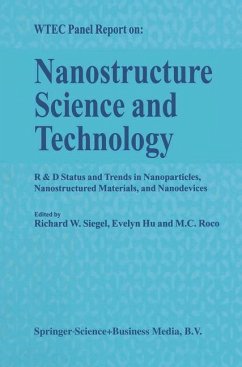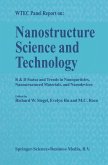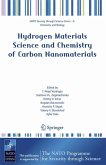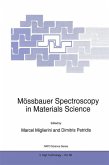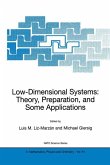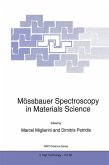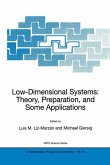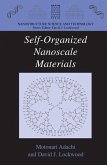Timely information on scientific and engineering developments occurring in laboratories around the world provides critical input to maintaining the economic and technological strength of the United States. Moreover, sharing this information quickly with other countries can greatly enhance the productivity of scientists and engineers. These are some of the reasons why the National Science Foundation (NSF) has been involved in funding science and technology assessments comparing the United States and foreign countries since the early 1980s. A substantial number of these studies have been conducted by the World Technology Evaluation Center (WTEC) managed by Loyola College through a cooperative agreement with NSF. The National Science and Technology Council (NSTC), Committee on Technology's Interagency Working Group on NanoScience, Engineering and Technology (CT/IWGN) worked with WTEC to develop the scope of this Nanostucture Science and Technology report in an effort to develop a baseline of understanding for how to strategically make Federal nanoscale R&D investments in the coming years. The purpose of the NSTC/WTEC activity is to assess R&D efforts in other countries in specific areas of technology, to compare these efforts and their results to U. S. research in the same areas, and to identify opportunities for international collaboration in precompetitive research. Many U. S. organizations support substantial data gathering and analysis efforts focusing on nations such as Japan. But often the results of these studies are not widely available. At the same time, government and privately sponsored studies that are in the public domain tend to be "input" studies.
Bitte wählen Sie Ihr Anliegen aus.
Rechnungen
Retourenschein anfordern
Bestellstatus
Storno

